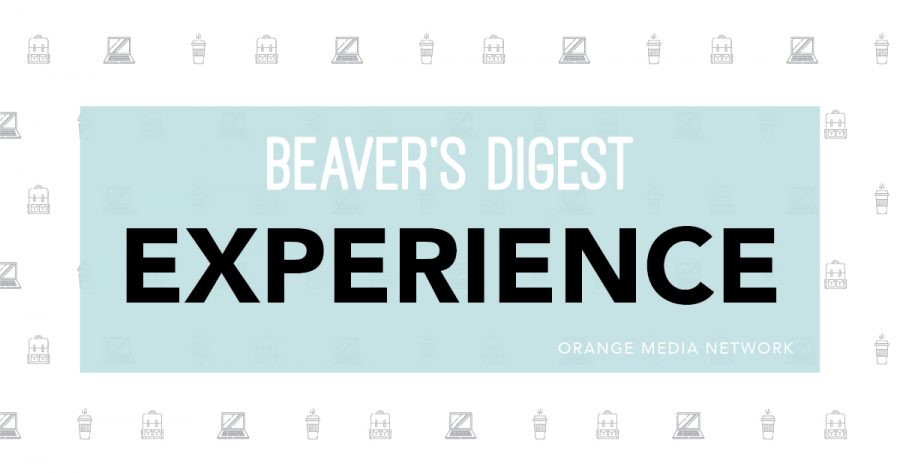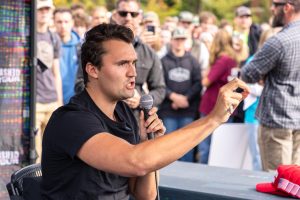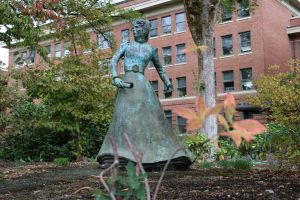Voting matters: can students largely impact the 2020 election?
February 8, 2019
When it comes to politics, things can get pretty confusing. In a time when rumors parade as facts, it can leave people feeling that their voices don’t carry a lasting impact. If every citizen has a voice, how can you use yours effectively?
“The next election and especially the Democratic Primary, very well could decide the course of American society for the next half century,” said Dan Badour, local political activist and Benton County resident. “We are on the verge of a paradigm shift in this country, much like the New Deal was during the 1930s and the resurgence of the corporate elites afterward, manifested by the emergence of Reagan in the ’80s and the methodical undoing of the New Deal, followed closely by the transformation of the Democratic Party into the Neo-Liberal ‘corporate light’ party under Bill Clinton.”
Voting. It’s one of our most fundamental rights, yet according to The New York Times, the United States has among the lowest voter turnout of developed nations. According to Christopher Stout, assistant professor in the political science program school of public policy, voting is the maintenance of democracy.
“Voting makes a huge difference in who get resources,” Stout said. “Politicians are re-elected or elected minded and they look at who votes and who doesn’t. For example, most politicians focus and protect the interest of senior citizens because they vote in large numbers. In contrast, because young people are less likely to vote, it is not uncommon for politicians to ignore their groups’ interest (tuition, student debt, minimum wage, etc.). So voting makes a difference even if your candidate does not win because it lets elected officials know you are paying attention.”
What’s the first step you can take toward getting involved?
Get registered if you aren’t yet. According to the Campus Vote Project, in 2008, nearly 1.7 million Americans between the ages of 18 to 24 weren’t registered to vote. Many students said they weren’t registered to vote because they missed the registration deadline, didn’t know where or how to register. After registering there are many ways educate yourself on voting issues.
“Ideally, the average citizen will do some research about their preferred candidate to make sure that they align with their values,” said Stout. “This can be done by looking at numerous websites including votesmart.org, which was started in part by my colleague, Brent Steel. However, this is not required. Individuals who have partisan identifications or lean toward a political party can generally assume (and do so safely) that they share the same values as the candidate. Thus, voters should not feel intimidated by the process and should vote.”
There are also many other ways to stay educated and up-to-date on politics. Independent media is more important than ever to better inform ourselves in this turbulent atmosphere.
“Some excellent outlets on YouTube include ‘Democracy Now’, ‘TheRealNews’ and ‘Democracy at Work’ as well as a variety of political commentators such as ‘Secular Talk’,” said Badour. “For print, there is excellent independent journalism and analysis via ‘The Intercept’, ‘Jacobin’ or ‘Truthdig’, among others. Independent media like this has never been more critical to supplement our news intake in a time when the political and media establishment is in utter and total denial about the need for immediate economic and political relief in this country.”
Education is a necessary aspect to understanding politics and voting is the first step to political engagement. We must not let fear of the unknown stop us from being involved in things that impact all our futures.






